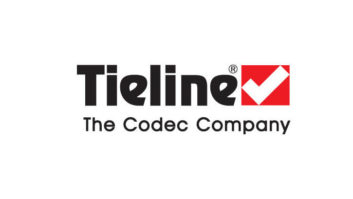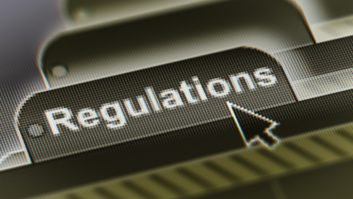WASHINGTON�President Obama has expressed his support for the idea that the FCC should put Internet access under the 1996 Telecommunications Title II regulations, meaning that the FCC could then regulate Internet services as public utilities.
�We cannot allow Internet service providers to restrict the best access or to pick winners and losers in the online marketplace for services and ideas,� Obama noted in a statement on the issue. �That is why today, I am asking the Federal Communications Commission to answer the call of almost 4 million public comments, and implement the strongest possible rules to protect net neutrality.�
The President laid out what he called �bright-line� rules that he has asked the FCC to integrate into its net neutrality plans, including:� The prevention of ISPs from blocking any content� The prevention of intentional manipulation of network speeds in the accessing of content� The prevention of paid prioritization for the accessing of content� Increased transparency with respect to interconnections between ISPs and the Internet
�The rules also have to reflect the way people use the Internet today, which increasingly means on a mobile device,� said the President. �I believe the FCC should make these rules fully applicable to mobile broadband as well, while recognizing the special challenges that come with managing wireless networks.�
According to RCRwireless.com, the net neutrality proceedings are seen to be especially important for mobile operators. In 2010 the FCC released net neutrality rules that allowed for �reasonable network management� from wireless carriers, noting that wireless networks were more easily impacted by network traffic than are wired Internet providers. As consumer demand for wireless services have started to exceed the spectrum capacity of some operators, they”ve been forced to manage network access by inserting terms and conditions that allow for the operator to throttle data speeds, or by simply enforcing capped data plans.
Not surprisingly, Verizon Communications came out strongly opposed to the President”s comments, essentially threatening legal proceedings should the FCC reclassify Internet access under Title II. �That course will likely also face strong legal challenges and would likely not stand up in court,� the company noted in a policy blog. AT&T also brought up the possibility of legal proceedings in comments on the topic. Other comments came from multiple sources, with consumer groups applauding Obama”s comments, as industry supporters opposed them. Wireless trade association CTIA is against Title II regulation.
�Imposing antiquated common carrier regulation � on the vibrant mobile wireless ecosystem would be a gross overreaction that would ignore the bipartisan views of members of Congress and the FCC, would impose inappropriate regulation on a dynamic industry and would threaten mobile provider”s ability to invest and innovate, all to the detriment of consumers,� explained CTIA president and CEO Meredith Attwell Baker. �CTIA strongly opposes such an approach.�












